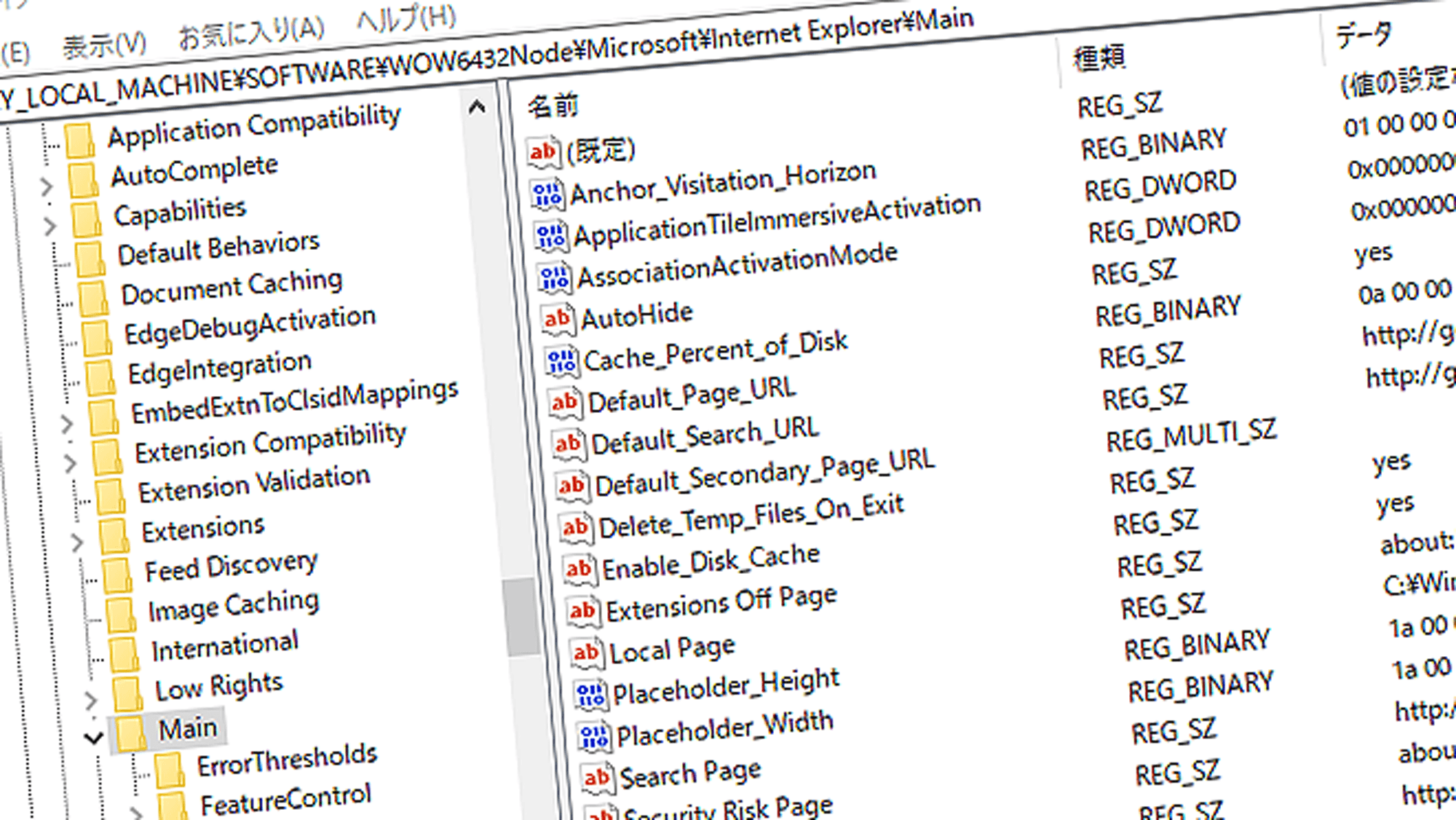When using a computer, you may suddenly encounter problems such as no sound output or unstable internet connections. One possible cause of these issues is outdated or faulty drivers.
In this article, we’ll explain the basics of what drivers are, when you should update them, safe update methods, and important precautions to keep in mind.
Table of Contents
- What Are Drivers?
- When Should You Update Drivers?
- Precautions When Updating Drivers
- Are Driver Updates Always Necessary?
- How to Update Drivers
- Conclusion
What Are Drivers?
Drivers are essential software components that ensure your computer and its hardware function correctly. Although you may not notice them in daily use, they play a crucial role in maintaining a smooth computing experience.
Role Inside the Computer
A driver acts as a bridge between your operating system and hardware components. Whether it’s a mouse, keyboard, printer, or graphics card, each hardware device requires its own driver to function properly.
Common Types of Drivers
- Graphics driver: Controls display rendering
- Audio driver: Manages sound output and recording
- Network driver: Handles Wi-Fi and LAN connections
- Chipset driver: Controls motherboard functionality
When Should You Update Drivers?
Not all drivers need to be updated constantly, but certain situations call for it. Here are some scenarios where updating your drivers may be necessary:
When Errors or Issues Occur
If your screen glitches or sound stops working, the driver may be outdated or corrupted.
When Connecting New Devices
Installing new peripherals such as a printer or webcam often requires updated drivers.
After a Windows Update
An OS update may cause compatibility issues with older drivers, leading to unstable performance.
Precautions When Updating Drivers
Updating drivers carries some risks. To ensure safe updates, keep the following points in mind:
Installing the Wrong Driver
Installing an incorrect driver can cause devices to stop working. Always double-check the model name and OS version before downloading.
Importance of Backups
Before updating, create a system restore point. This allows you to roll back to a working state if issues arise.
Always Use Trusted Sources
Avoid downloading drivers from unknown websites, as they may contain malware. Stick to official manufacturer websites or trusted software.
Are Driver Updates Always Necessary?
Updating drivers isn’t always the best choice. In some cases, it’s better not to update.
Don’t Update If Everything Works Fine
If your computer is stable, there’s no need to force an update. On older PCs, the latest drivers may even cause instability.
Automatic Updates May Be Sufficient
Windows Update often installs the necessary drivers automatically, so manual updates may not be needed in every case.
How to Update Drivers
There are several methods for updating drivers, each with different levels of effort and benefits.
Using Windows Built-in Tools
Open Device Manager, right-click a device, and select “Update driver.” Windows will search and install the appropriate driver automatically.
Downloading from Manufacturer Websites
Visit hardware makers’ sites (e.g., NVIDIA, Realtek) to manually download the latest drivers for your specific model.
Using Dedicated Software
Driver management software can automatically detect outdated drivers and update them. These tools often include backup and restore features, adding extra security.
For users in Japan, DriverMax is highly recommended. I’ve personally used it for years without issues. It makes updating easy and hassle-free.
DriverMax also offers a free version, so you can try it out without cost:

Conclusion
Drivers are essential for keeping your computer running smoothly. When problems arise or new devices are added, updating drivers safely is key. By using trusted methods and tools, you can prevent issues before they happen.
If manual updates feel too complicated or risky, consider using dedicated software like DriverMax to simplify the process.

